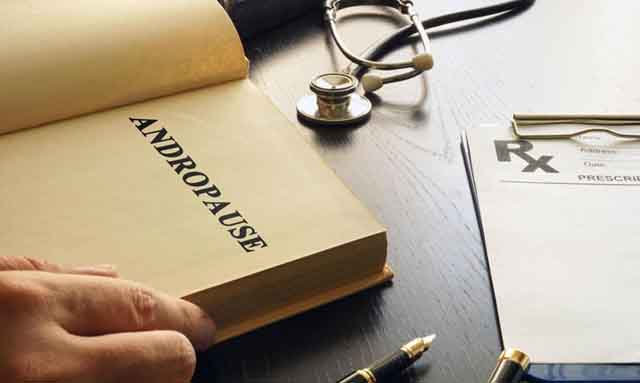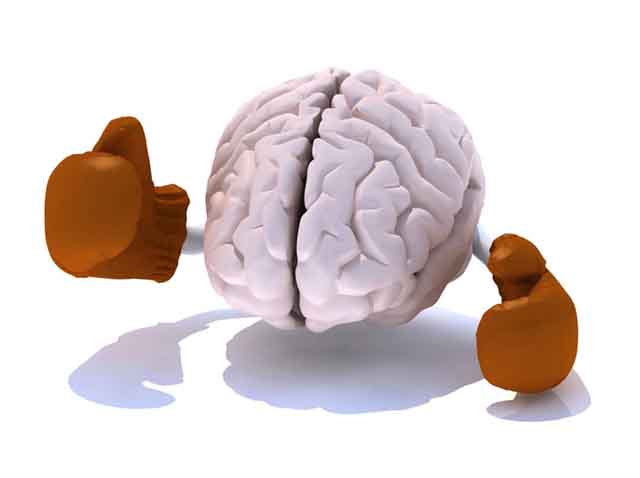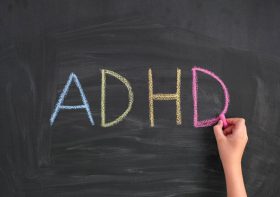The Link Between Testosterone and ADHD

Do you or someone you know have ADHD? If so, I think you might just be interested in the link between your hormones and ADHD.
ADHD is a life-long condition that, no matter what the moms in the most uninformed of Facebook groups tell you, cannot be cured. By the time most people with the condition reach adulthood, they’ve already found their own unique ways to cope with it or have medicine to tone down the symptoms.
For a while there have been several studies pertaining to hormones and ADHD, with a special interest in the sex hormones, estrogen and testosterone. After all, it’s been proven that there’s a link between the amount of estrogen in a woman’s body and their mood. However, the focus for today’s examination will mainly be on testosterone and its effects on the disorder.
ADHD and Puberty

When a teenage boy hits puberty, it’s the first time in their life that sex hormones start surging. That’s when acne becomes a problem, along with hormonal urges and general moodiness. This is all to be expected in a teenager, but in respect to ADHD, where does it stand?
The high levels of testosterone will indeed have an important effect on kids with ADHD, and not in a good way. Symptoms of ADHD will actually spike once puberty hits. Estrogen has always had an effect on mood, but its link to ADHD has always been questionable. That’s why it’s believed that there are far more boys diagnosed with the condition rather than girls. The thing is, we aren’t quite sure how testosterone interacts with the brain in such a way that it causes an increase in symptoms. What we do know, however, is that puberty is different for kids with ADHD compared to those without it.
If you have a child with ADHD, or know of one, then here are some important aspects of childhood ADHD that you should be aware of:
- Because of the rapid changes in children’s bodies, parents may need to remind them of basic hygiene like showers and deodorant often
- Weight gain during puberty may require a change in the child’s ADHD medications
- Children might become less patient with your child’s ADHD-associated behaviors, leading to bullying to bullying or isolation
- Sexual urges and feelings may be confusing and can lead to inappropriate behaviors.
- Your child may have an increased sense of insecurity.
ADHD and Andropause / Menopause

Andropause, also known as the “male menopause”, can sometimes be considered the reverse of puberty, where your hormones begin to generally taper off and fall. At this point, you’re just about ready to settle down for good and enjoy your retirement, hopefully free of ADHD symptoms for the most part.
Most would assume that, because puberty drastically increases ADHD symptoms in young men, that andropause and menopause would taper those symptoms down. They would, unfortunately, be wrong, as both men and women with ADHD report that their greatest symptom severity comes between the ages of 50 to 59, which is when andropause and menopause occur.
Like with puberty, it’s believed that this is partially, if not mainly, affected by hormone changes within the body.
How Does Testosterone Affect the Brain?

To be completely honest, that’s still up for debate, but recent studies believe they know the answer.
See, testosterone is a specific hormone called an androgen. As of late, researchers have identified what they think are specific androgen receptors in the brian. Think of receptors as a light-switch of sorts, activating certain functions once the right hormone has made its way into its hold.
Well it appears that there is a blood-brain barrier of sorts that protects the brain from certain chemicals and substances. Only a few substances can pass through, and that includes testosterone and some medications. That information helps us to significantly narrow down what can and what can’t affect the brain. This has allowed researchers to perform clinical studies with testosterone, allowing us to see what exactly it does with the brain.
Here is a concise list of everything things testosterone does to the brain:
- Delays nerve cell death
- Reduces nerve cell damage
- Has anti-inflammatory properties on the nerves
- Improves nerve cell regrowth after damage
In other words, testosterone protects your brain and helps it to function. This has a direct effect on ADHD and it explains why symptoms tend to get worse after reaching andropause/menopause. Additionally, testosterone has been shown to improve both attention and mood, which are areas where men with ADHD tend to struggle.
ADHD and Testosterone in Clinical Studies

Recent studies have shown that males with ADHD tend to have less testosterone than males who don’t have it, and usually try to find ways to increase testosterone naturally. A theory for why this is the case is that testosterone is essential for both the development and maintenance of the prefrontal cortex, which tends to be impaired in those with ADHD.
There are several clinical studies that have been performed when it comes to understanding testosterone and ADHD. One of them was looking into whether testosterone could be used as an ADHD medicine in single cases.
In this study, three men, aged 24, 37, and 43, all with ADHD, were given 10-60 mg of testosterone a day as a skin gel. It was shown to have vastly improved their symptoms within one week and remained that way as long as they kept taking the testosterone. It also improved winter depression and sleep problems.
While testosterone significantly influences one’s ADHD symptoms, it isn’t the sole factor, and one can still have low testosterone while taking medicine for their symptoms. For example, using MPH (a stimulant also known as Ritalin) and AMP (a stimulant such as Attentin) are both well known for treating ADHD, but studies over a four-week period have come to show that taking them has no effects on one’s testosterone levels at all.
So when it’s all said and done, it seems that ADHD is significantly influenced by testosterone, but not completely. Perhaps, in time, we may see testosterone being used in our ADHD medication to more effectively improve the lives of those with the affliction.



